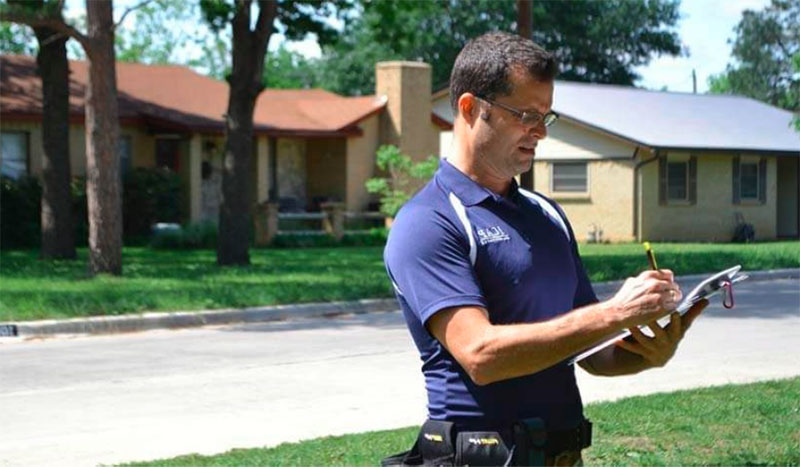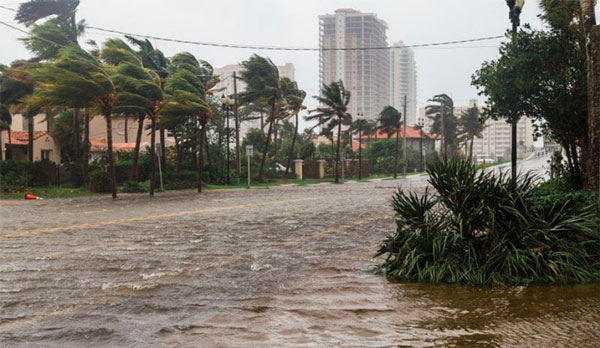All About Flood Claims Adjuster
Author: Kevin
Anywhere and at any time, a water disaster can occur. Disasters are typically sudden and unexpected, and it can be difficult to discover damages, but this depends on the nature of the loss itself. The insurance industry has indicated that water damage is the number one cause of claim payouts. Other building elevations owing to heavy or driven rain are common water losses covered under most risk property policies.
People with experience filing insurance claims may need help understanding the policy language. To achieve adequate compensation for a loss, it is advantageous to have experienced claims advocates guiding you, as the procedure for correcting such losses can be extremely technical and affect how the settlement is established.
This prohibits air from moving across a building's wall structure. If you have a wet carpet, you should remove it entirely so that you don't encourage mold growth. In many cases, the padding is saturated and needs to be replaced, so simply sticking a blower in the elevated corner of the carpet won't do the trick.
Consideration Using Your Right

Consider using your right to hire your water removal, restoration, or dry-out company. It's only sometimes preferable to go with the carrier's recommended vendor because they may need more support with budgetary restrictions that prevent them from providing optimal service. Still, it's crucial that you NOT sign any work authorization documents before getting approval from the insurance company or their representative adjuster. A public adjuster can help guide you through this procedure.
We next employ moisture detectors, hygrometers, and infrared cameras to pinpoint the water damage source and estimate the loss's full degree. The payout amount and the ability to dry out the covered property completely could be jeopardized if the adjuster from the insurance company adheres to these procedures.
Disinfectant chemicals should be used to stop bacteria, fungus, and mildew from doing any more damage. If this stage is not followed, the insurance company's next strategy may be to assess the claim under the mold provisions and limitations of the relevant policy. This is a major cause for alarm because state mold laws are complicated and widely variable, and insurance policies tend to limit mold remediation costs severely. Check out the rest of this site's content to learn more about mold.
Aware of Something Called a Black Water Loss
You should be aware of something called Black Water Loss. The processing of this type of loss is fundamentally different and requires specific attention and therapy. Sewage or other chemical contaminants in water might cause a black water loss in your home or company. Unfortunately, the problem will only disappear if you let the water dry up. When dealing with a black water leak, it's important to consider people's lives, health, and safety.
Drying time for wood and other finishes and furniture could be several days. Disintegration and fragmentation are only sometimes apparent. A public adjuster from Tutwiler &' Associates will work with you and the restoration company to handle the important considerations that water losses may present in the context of your damage claim.
Finally, some insurance companies are attempting to shift the expense of water risk to the policyholder even though the policy covers the risk. This is because water damage is the most common type of insurance loss and causes the insurance company the highest cost. A rising practice is inserting language in the policy stipulating that any water loss reported in the past 14 days will not be covered. If losses due to water are insured from day one to day thirteen, when does coverage end, and how can you tell if a loss is 13 or 17 days old?
Compensation Claims for Flood Damage

The threat of flood has long been uninsurable in the private insurance market due in part to the considerable risk and exposure floods might entail. In 1968 the federal government established a statute that set up the National Flood Insurance Program (NFIP) to grant relief to residential and commercial property owners who obtained a flood policy. Today, practically of flood worries are addressed by private insurance carriers. Remember that a standard homeowner's policy typically does not cover flood damage. A policy from a private insurer is required. The U.S. Government will pay back whatever cash the private market carrier has paid out, plus a service fee to the insurance company that handled the flood loss claim



